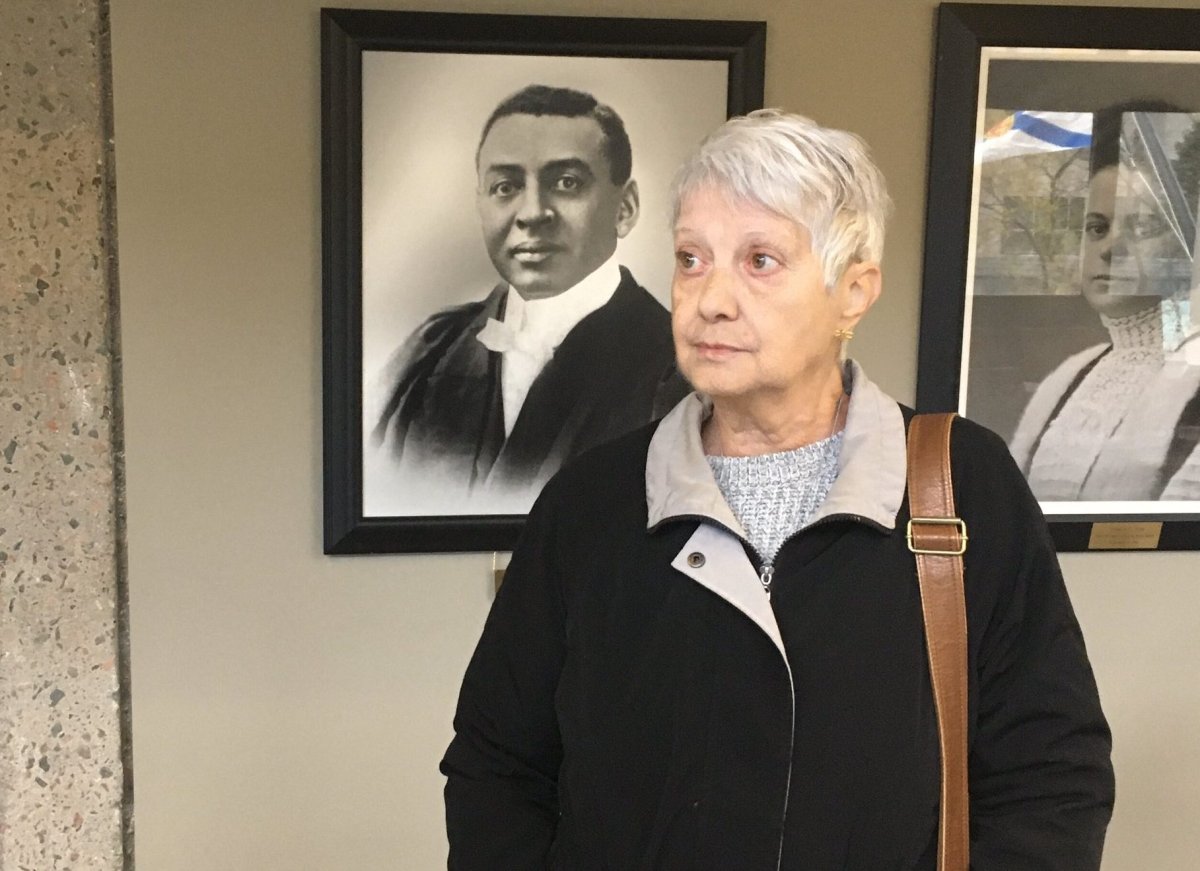Halifax city council has voted in favour of a pilot project to create a “sobering centre” as an alternative to police lockups, more than six years after the death in detention of a heavily intoxicated man.

Accepted by a majority of council on Tuesday, the three-year pilot would open a facility whose costs — $278,000 this year and $980,000 each of the next two years — would be shared with the provincial Health Department. The proposal still needs to be endorsed by Premier Tim Houston’s cabinet, and the final agreement with the province would require council approval.
The sobering centre would have space to care for 10 people at a time and would be primarily staffed by non-medical personnel, with some nursing support.
City staff proposed the centre last year in a feasibility report that noted the June 15, 2016, death of Corey Rogers in the Halifax police lockup after he was arrested for public intoxication outside a hospital. Rogers was placed in the cell wearing a spit hood, and a medical examiner testified he died from suffocation after vomiting into the hood.
His mother, Jeannette Rogers, said in an interview Tuesday that her son would still be alive had he been sent to a sobering centre instead of a police station.
“Unfortunately, it took Corey’s death to bring this about. If there had been such a centre, he might very well be alive today,” she said.
Rogers said her son was open to treatment for his alcoholism because he was about to become a new father. “What happened was he planned to start treatment after his daughter’s birth, but he never got the chance.”
The 41-year old had a lengthy record of being put in the police lockup cell. On the night he died, he had spit at police during his arrest, and as a result, officers put a spit hood over his head.

According to the study presented to council on Tuesday, the current model for dealing with people with addictions in the city “relies too heavily on an enforcement approach to addressing a health-care issue, creating a potential pathway for criminalization.”
The study said “several thousand” people every year who are brought to the Halifax police lockup and to hospital emergency rooms are severely impaired by drugs or alcohol.It predicted that a sobering centre wouldn’t eliminate all of these cases going to police lockup or an emergency room but says it’s likely “a substantial number could be diverted.”
Individuals facing criminal charges or in need of medical attention would not be eligible for sobering centre services.
This report by The Canadian Press was first published Nov. 22, 2022.
- Roll Up To Win? Tim Hortons says $55K boat win email was ‘human error’
- Bird flu risk to humans an ‘enormous concern,’ WHO says. Here’s what to know
- Halifax homeless encampment hits double capacity, officials mull next step
- Ontario premier calls cost of gas ‘absolutely disgusting,’ raises price-gouging concerns




Comments